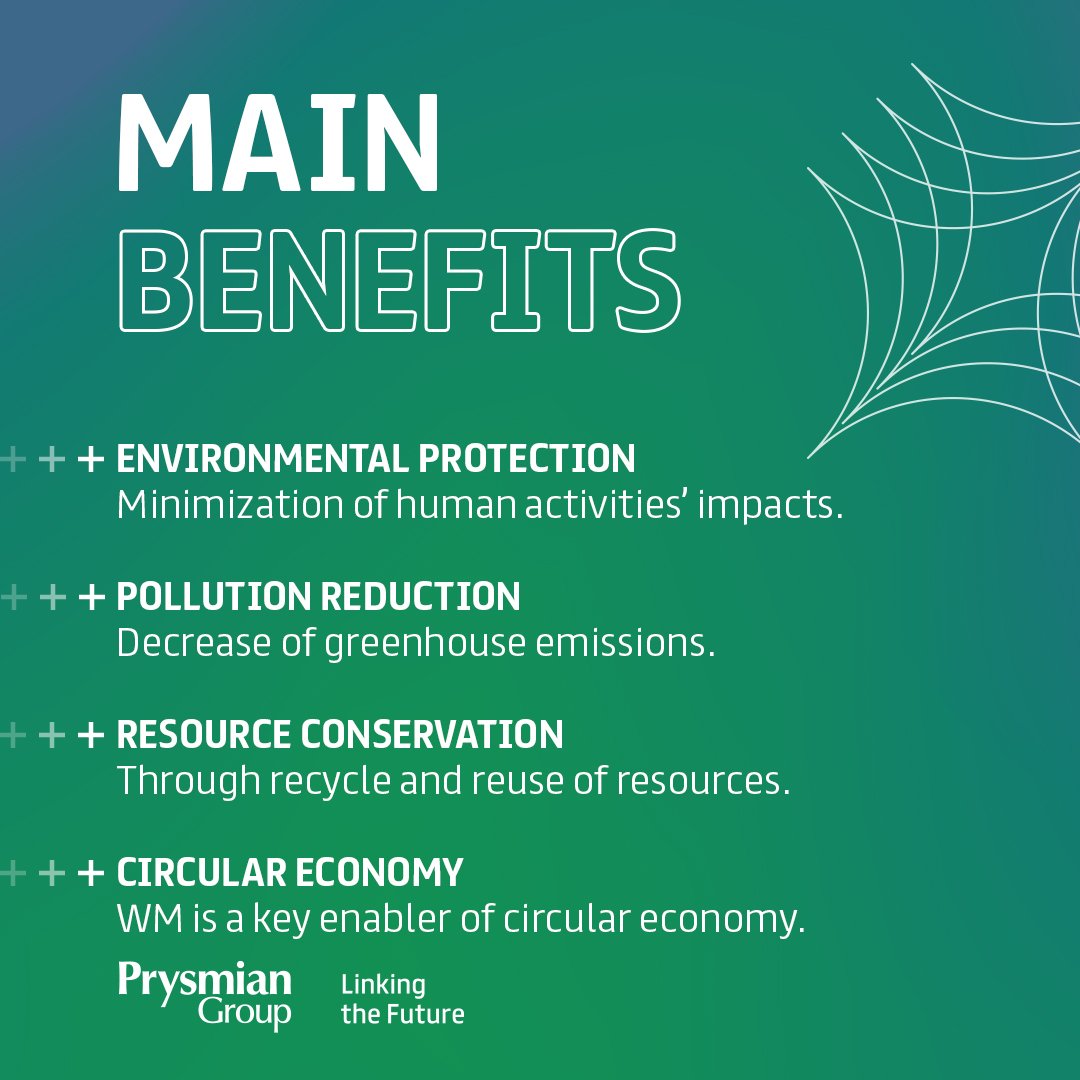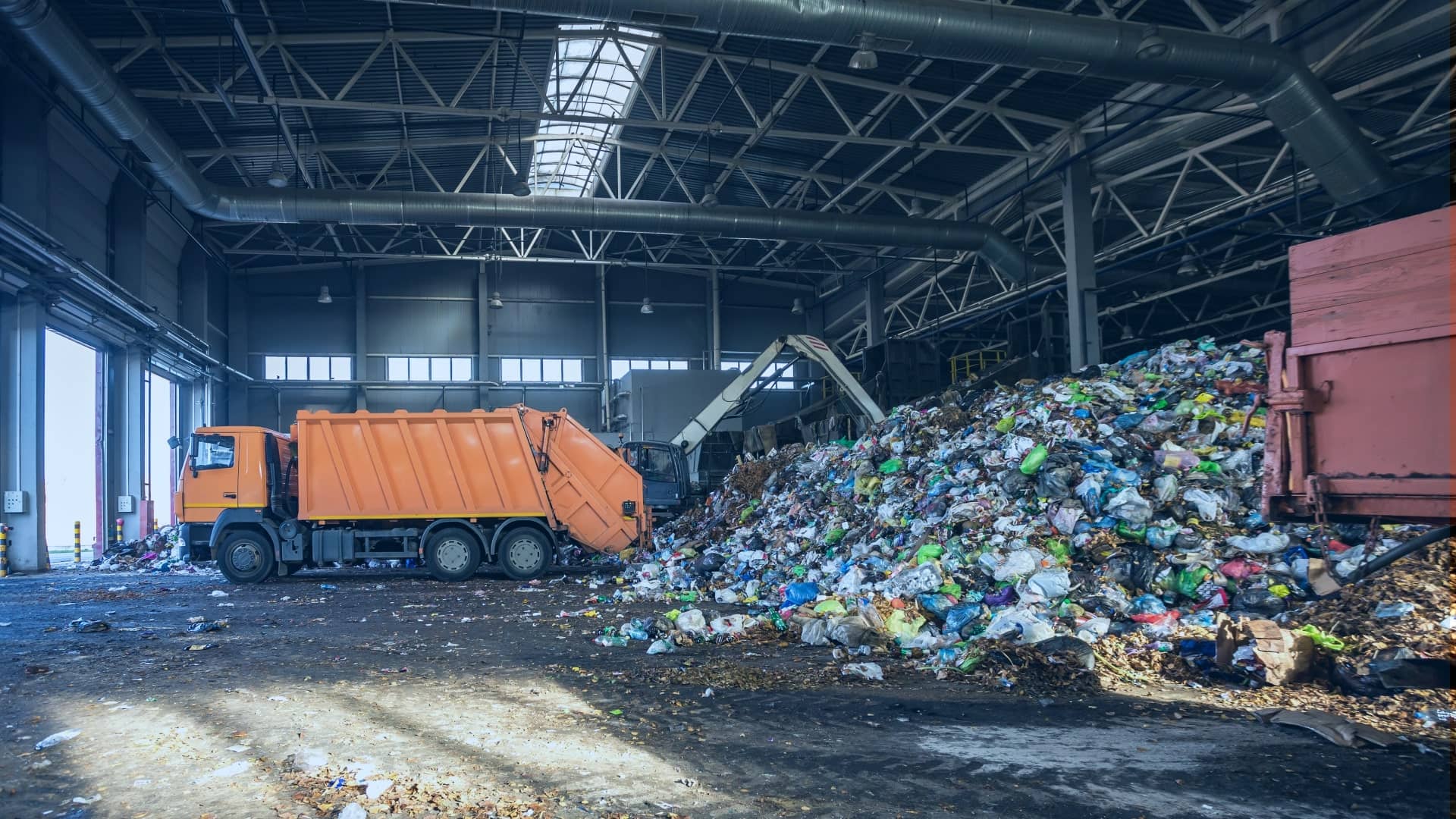What Does Reclaim Waste Do?
What Does Reclaim Waste Do?
Blog Article
The Ultimate Guide To Reclaim Waste
Table of ContentsReclaim Waste - An OverviewIndicators on Reclaim Waste You Need To KnowThe Best Guide To Reclaim WasteOur Reclaim Waste StatementsHow Reclaim Waste can Save You Time, Stress, and Money.
Explore the kinds, occurrences, and kinds of liquid waste. Domestic sewage waste refers to the waste and items from a property sewage-disposal tank. This sort of waste is developed by humans in homes, institutions, and other buildings. This only consists of septic systems that have a drainpipe area. The correct management and disposal of residential sewer waste need fluid waste to be moved to a sewage therapy plant where the proper approaches and devices are related to purify and dispose of waste.
Commercial waste usually includes possible dangers, such as combustible materials or a blend of liquid and strong waste products, and needs a more advanced and detailed disposal procedure. The disposal of industrial waste generally involves the filtration of waste before transport to ensure risk-free and proper disposal. Industrial waste is produced from results and runoff of industrial processes and manufacturing.
This sort of waste can not use the exact same sewer monitoring transport or procedures as septic or commercial fluids. The industrial waste management procedure calls for the evaluation and testing of fluid waste prior to it undergoes the disposal process (industrial wastewater treatment). Overflow waste is the liquid waste that comes from drainage and excess stormwater in very inhabited areas or cities
Drainage waste can trigger contamination and flooding if not handled effectively. Ensuring correct waste monitoring can stop calamities and lower environmental damage.
The smart Trick of Reclaim Waste That Nobody is Discussing
Get in touch with PROS Solutions today to find out about our waste management and disposal solutions and the correct ways to take care of the fluid waste you create.
(https://hub.docker.com/u/reclaimwaste1?_gl=1*1980ev1*_ga*MTgwOTc3Nzc2OS4xNzMxMzI1Mzkw*_ga_XJWPQMJYHQ*MTczMTMyNTM5MC4xLjEuMTczMTMyNTcwOC4xMC4wLjA.)This so-called 'wastewater' is not just an important source yet, after therapy, will certainly be released to our land, waterways or the ocean. Utilized water from toilets, showers, baths, kitchen area sinks, laundries and industrial processes is understood as wastewater.

water made use of to cool machinery or clean plant and tools). Stormwater, a kind of wastewater, is runoff that moves from farming and city areas such as roof coverings, parks, gardens, roads, courses and gutters right into stormwater drains pipes, after rain. Stormwater streams neglected straight to local creeks or rivers, ultimately getting to the ocean.
Getting My Reclaim Waste To Work
In Queensland, a lot of wastewater is treated at sewage therapy plants. Wastewater is carried from domestic or commercial websites with a system of drains and pump terminals, known as sewerage reticulation, to a sewage treatment plant. City governments develop, maintain and run most sewer therapy plants. Operators are certified under the Environmental Management Act 1994 to release treated wastewater at an acceptable ecological criterion into rivers.
The Division of Natural Resources advises city governments concerning managing, operating and preserving sewerage systems and treatment plants. In unsewered locations, regional governments may require householders to set up private or family sewage treatment systems to deal with residential wastewater from toilets, cooking areas, bathrooms and washings. The Department of Natural Resources authorises using family systems when they are proven to be effective.
Most stormwater obtains no therapy. In some new subdivisions, therapy of some stormwater to eliminate clutter, sand and crushed rock has begun making use of gross toxin traps. Wastewater therapy occurs in four phases: Removes strong matter. Bigger solids, such as advice plastics and other items incorrectly discharged to sewage systems, are eliminated when wastewater is gone through displays.
Wastewater then moves into large containers where solids resolve and are gotten rid of as sludge. Grease and residue are skimmed from the surface area. Makes use of tiny living organisms understands as micro-organisms to break down and get rid of staying dissolved wastes and great particles. Micro-organisms and wastes are included in the sludge. Gets rid of nitrogen and phosphorus nutrients that might cause algal blossoms in our rivers and endanger aquatic life.
7 Simple Techniques For Reclaim Waste
Nutrient removal is not offered at all sewage treatment plants since it calls for expensive specialised tools. It is becoming extra common in Queensland. Clear liquid effluent produced after treatment may still have disease-causing micro-organisms. If this effluent is launched into rivers such as rivers or the sea, the micro-organisms will at some point die out.

Many wastewater moves into the sewage system. Under the Act, local governments provide approvals and permits for eco relevant activities (Ages) entailing wastewater releases that may have a local impact.
All About Reclaim Waste
Monitoring supplies valid info concerning water top quality and can confirm that licence problems are being satisfied. The details acquired through monitoring gives the basis for making water quality decisions.
Report this page